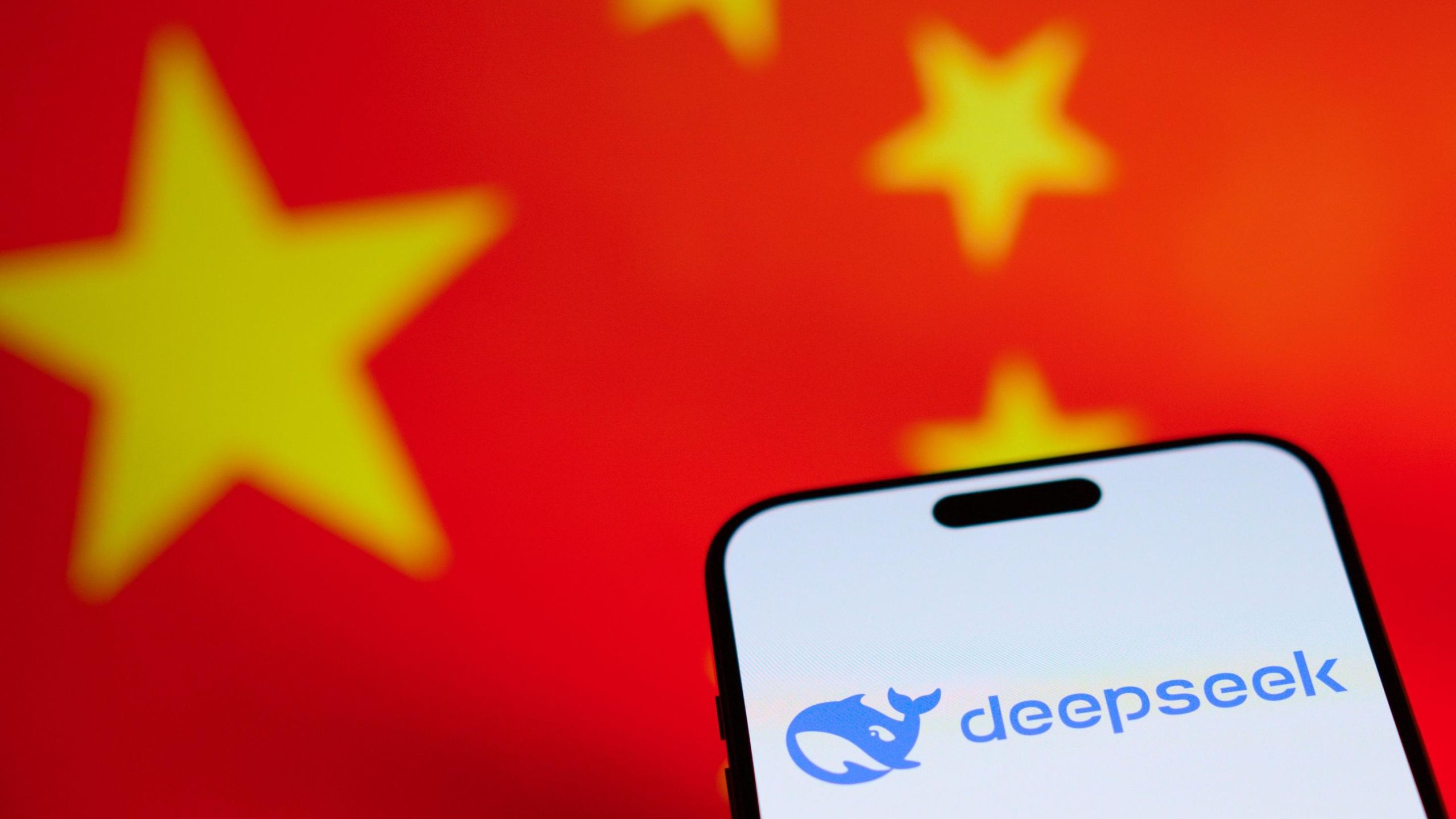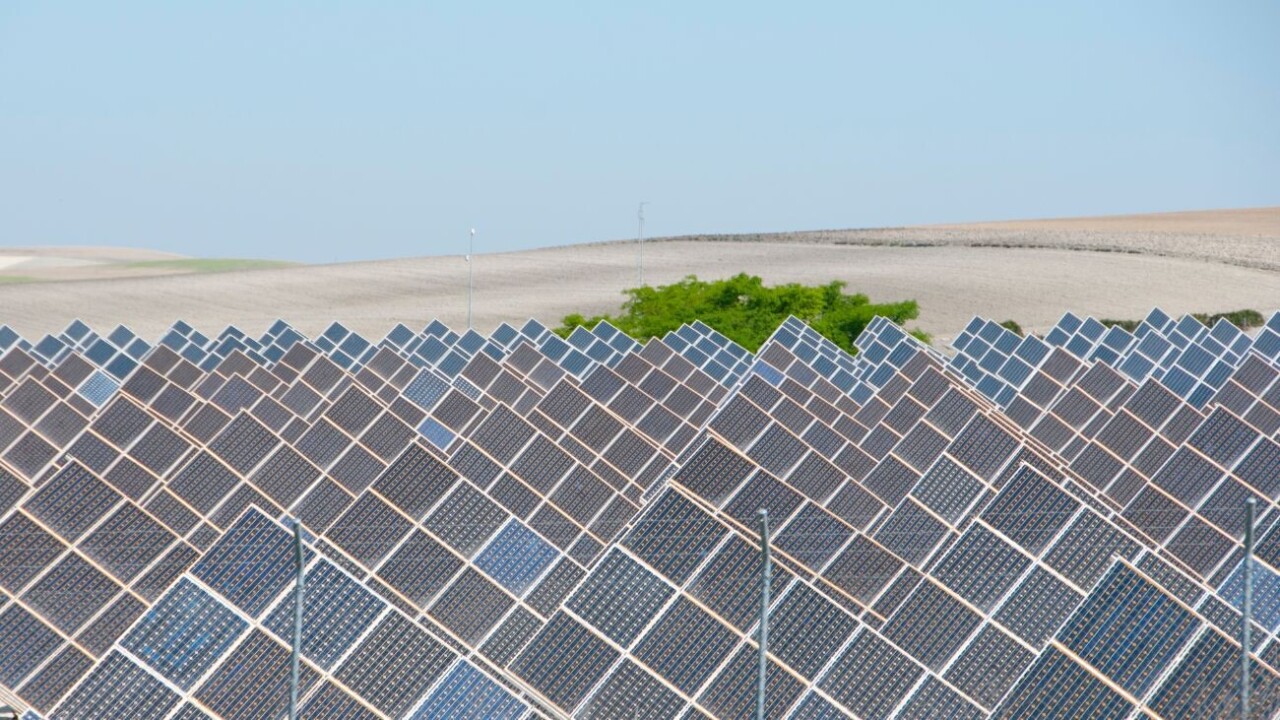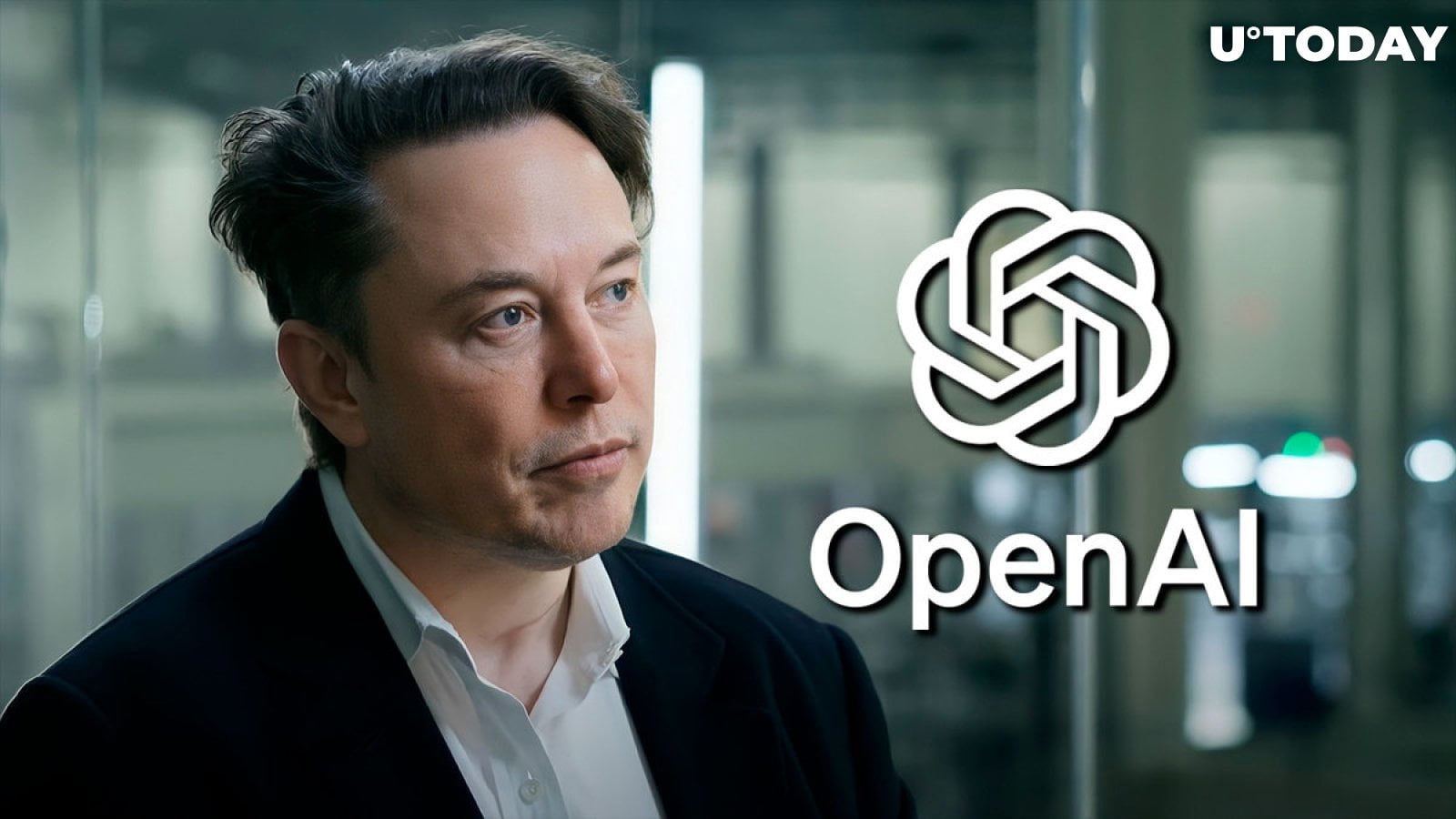The recent arrival of DeepSeek has expanded the horizons for AI developers in the Middle East. With its innovative technologies and resources, DeepSeek is paving the way for a new era of artificial intelligence in the region. As AI continues to evolve, developers now have an exciting opportunity to leverage DeepSeek’s tools to enhance their projects, encouraging creativity and innovation.
DeepSeek serves as a catalyst, effectively opening doors for collaboration and development in the AI sector. The potential for partnerships among local developers and international enterprises is vast, enabling knowledge sharing and the implementation of cutting-edge solutions. This dynamic environment is essential for fostering a thriving AI ecosystem in the Middle East.
Furthermore, with the influence of nations like China, the Middle East is positioned at an intriguing intersection of innovation. As Chinese technology and investment flow into the region, local developers are gaining insights and inspiration from successful AI models worldwide. This global perspective, combined with the local expertise, can turn the Middle East into a significant player in the AI landscape.
The presence of DeepSeek signifies more than just a technological advancement; it represents a shift in how AI development can be approached in the Middle East. Developers now have an invaluable resource at their fingertips, and with the right support, the sky is the limit for what can be achieved.
How DeepSeek Is Transforming AI Development In The Middle East
The arrival of DeepSeek has created a significant shift in the landscape of AI development in the Middle East. This innovative platform not only provides cutting-edge tools for developers but also encourages collaboration and knowledge sharing among tech enthusiasts in the region. As AI technologies continue to evolve, DeepSeek’s contributions are paving the way for new opportunities and advancements.
By facilitating a more streamlined approach to AI development, DeepSeek has opened the door for local developers to engage with advanced machine learning algorithms and data analytics. This access allows them to create tailor-made solutions that address the unique challenges faced in the Middle East. Furthermore, the platform’s user-friendly interface attracts newcomers to the field, fostering a new generation of AI talent.
China has also played a notable role in advancing AI technologies within the Middle East. By collaborating with various local companies and investing in joint ventures, Chinese firms contribute to the technological ecosystem, often aligning their goals with platforms such as DeepSeek. This partnership not only enhances the skills of regional developers but also encourages innovation that reflects the specific needs and dynamics of the local market.
As the AI sector continues to grow, DeepSeek stands at the forefront, impacting the direction of AI projects across the Middle East. This transformation is crucial not only in building a competitive edge but also in securing the region’s place as a key player in global tech innovation.
The Role Of China In Advancing Middle Eastern AI Technologies
The landscape of artificial intelligence (AI) in the Middle East is evolving rapidly, and China plays a crucial role in this transformation. As the demand for advanced AI solutions increases, many Middle Eastern countries are looking toward China for technological expertise and collaboration. This relationship not only benefits the technological capabilities of the Middle East but also positions China as a key player in this region.
One of the significant aspects of this collaboration is that it provides a strong foundation for investment in AI development. China has been at the forefront of AI research and development, excelling in various applications ranging from machine learning to natural language processing. As Middle Eastern nations strive to integrate AI into their economies, they find a willing partner in China, leading to innovative projects and initiatives.
Moreover, DeepSeek’s arrival in the region signals an opening of doors for increased cooperative efforts between China and Middle Eastern AI developers. By leveraging DeepSeek’s advanced technologies and expertise, developers in the Middle East can enhance their projects significantly. This partnership is seen as a way to bridge the gap between local expertise and China’s wealth of knowledge in AI technologies.
In addition, the involvement of China in the Middle Eastern AI sector has led to about sharing best practices and frameworks that could streamline the development process. This collaboration is not just limited to technology but also extends to strategic partnerships that enhance the efficacy of various AI initiatives across the region.
China is undeniably a key player in advancing the AI domain within the Middle East. Through strategic collaborations, resources, and expertise from DeepSeek, the region is well-positioned to harness the full potential of AI technologies.
Strategic Partnerships: DeepSeek’s Influence On Regional Collaborations
In recent years, the arrival of DeepSeek has significantly influenced how AI development is approached in the Middle East. The company’s innovative technologies and methodologies are not only enhancing the capabilities of local developers but also fostering critical partnerships across the region. By creating effective collaborations between businesses, educational institutions, and government entities, DeepSeek is paving the way for a more integrated AI ecosystem that can handle regional challenges.
The collaborations facilitated by DeepSeek are a clear indication of how strategic partnerships can amplify the growth of AI technologies in this dynamic market. For instance, with a focus on practical applications, the collaborations encourage local developers to leverage shared resources and expertise. This open-door approach empowers developers to explore new ideas and solutions that are specifically catered to the unique needs of the Middle East.
Additionally, the international support that comes from alliances with countries like China further enhances the competitiveness of these partnerships. Chinese technology firms are increasingly looking to invest in the Middle East, and their commitment to sharing knowledge and technology plays a crucial role in leveraging the advancements brought by DeepSeek. These joint ventures not only enable access to pioneering technologies but also ensure that regional developers are kept abreast of cutting-edge trends in AI.
Overall, the influence of DeepSeek on regional collaborations signifies a transformative period for AI development in the Middle East. As opportunities continue to arise, developers who actively participate in these strategic partnerships stand to gain valuable insights and a competitive edge in the global marketplace.
Challenges Faced By Middle East AI Developers Amidst Global Competition
The artificial intelligence (AI) landscape in the Middle East is rapidly evolving, but it is not without its challenges. While many developers strive to innovate and create cutting-edge technologies, they face significant hurdles, especially when competing on a global scale. One of the primary issues is the lack of substantial funding, which is often necessary for research and development. Without financial backing, it becomes increasingly difficult for local talent to bring their innovative ideas to fruition.
Moreover, competition from nations with established tech industries, such as China, poses a significant threat. Chinese companies benefit from massive investments and government support, allowing them to dominate the AI scene. This puts Middle East developers at a disadvantage, as they must often work with fewer resources and less institutional support.
Additionally, regional isolation can hinder collaboration and exchange of ideas among developers. Initiatives such as DeepSeek can play an essential role in bridging these gaps by fostering partnerships and providing insights that may open doors for local developers. However, cultural and linguistic differences can sometimes impede this progress, making it more challenging to forge connections in a rapidly changing environment.




